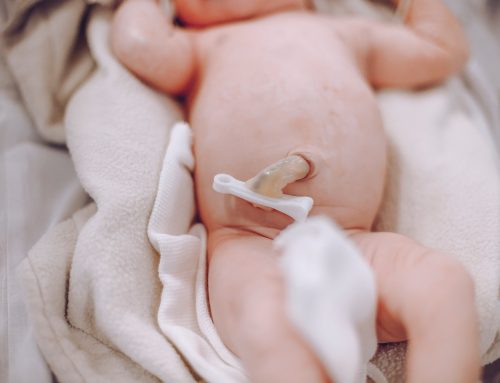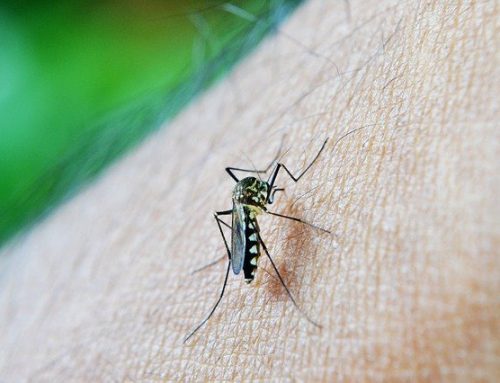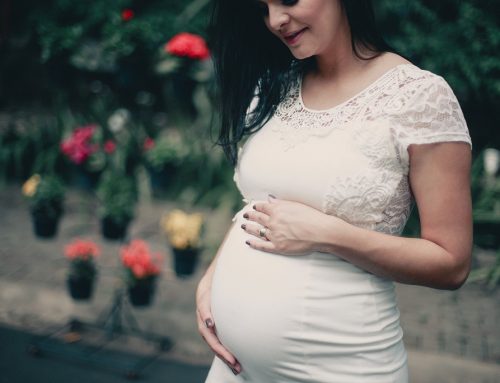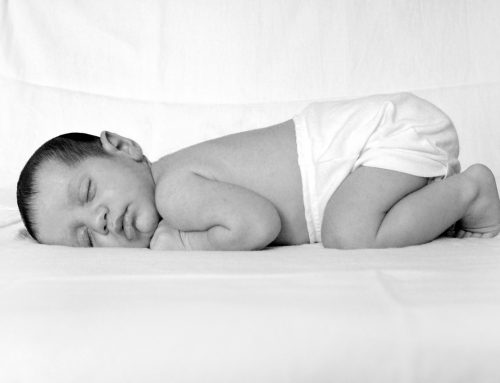With a baby at home, it is advisable to have a medical kit handy. You never know when a bump may pop or things your little one may lick leading to diarrhoea etc.. Being prepared to provide first aid in case of minor illness or accident will save you from a lot of panic if there is an accident or illness.
Essentials of a baby’s medical kit
Following is a list of items to include in your baby’s medical kit:
- Thermometer (ear/rectal/regular digital as prescribed by your paediatrician)
- Fever management and pain relief medicine
- Calibrated cup/dropper/spoon to administer medicine
- Medicine for colic relief
- Rash cream/ointment
- Medicine for runny nose/cough, saline nasal solution
- Medicine for loose motion/diarrhoea
- Antiseptic cream for minor bruises/cuts
- Cream for insect bites
- Baby safe mosquito repellent patches/spray
- Sunscreen lotion for outdoors
- Ice pack
- ORS (in case of dehydration) as recommended by the paediatrician
- Sterile cotton dressing or gauze swab
- Bandage suitable for baby
- Wound cleaning wipes
- Tweezer to remove splinters
- Poop collection (sterile) container
- Pee collection (sterile) bag
- Hand sanitiser (for child’s caregiver)
- Flashlight to check eyes/throat etc
- Sterile gloves
The items in the baby medical kit will change as your child grows. For a newborn baby or a baby who is not yet mobile, your kit may be sparse with a just thermometer, medicine for fever management/colic/cold/cough, and pee & poop sample collectors. Once babies become mobile (start to crawl/sit/stand/walk) or start putting fingers or foreign things in their mouth or have exposure to the outside home environment, your kit may need additional first aid items. You can either buy a pre-packed kit (and add any required item) or make your own.
Having a sterile pee/poop collector in your first aid kit may help to expedite diagnosis in certain scenarios (in particular for babies below 1-1.5 years of age). For example, if your infant has a foul-smelling or watery poop, it may be due to gut infection, which should be treated immediately. However, if you visit a paediatrician, he may in all probability, ask to get the poop sample tested. If your baby has suspicious poop (for more than 12-24 hours), you can collect a sample for lab test even before visiting your paediatrician.
It is also useful to put a detailed note about the usage of medicine, first aid procedures etc. for baby’s caregivers in your first aid kit (in case first aid needs to be administered in your absence). Replace expired medicine from the first aid kit regularly.
Always consult your paediatrician for medicine and dosage to be administered, even for first aid. Take the guidance of paediatrician or a qualified professional to learn how to give first aid to the baby (in case of physical injury, burns, common illnesses etc.).





Having a handy sterile pee/poo collector is good advice! I will add one to my medicine kit at once.
Thanks Mannat.
I like this web blog so much, saved to my bookmarks.